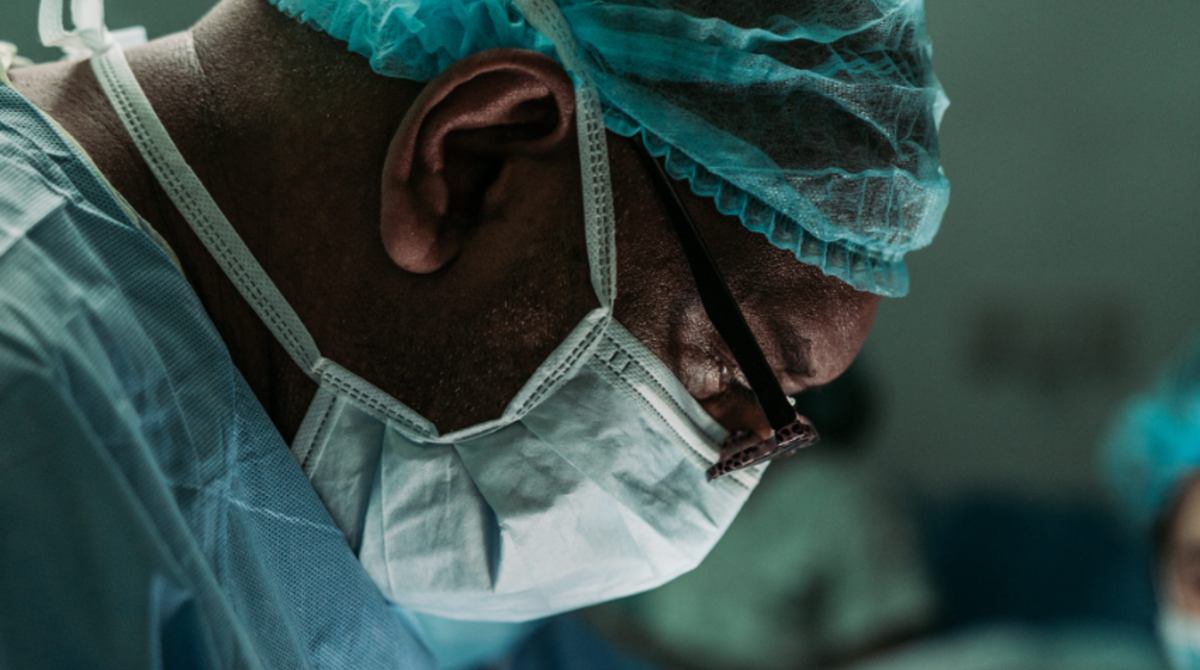
‘Medical ethics’ is ethics by, for and about medics, not common morality, says bioethicist
‘The ethics of medicine is internal to the profession’
The presence of the word “ethics” in “medical ethics” (and “bioethics”) suggests to the hoi polloi that the principles of the latter are derived from the former. Thus, ethical behaviour for doctors is the same as ethical behaviour for financiers or soldiers or social workers. Doctors do not work in isolation on their own ethical island.
This “common morality” is more or less the dominant paradigm in medical education today. As articulated by Beauchamp and Childress's Principles of Biomedical Ethics in 1979 and in subsequent editions, it assumes that there is a primitive, pre-theoretical insight which is shared by all morally serious persons. Applications of this to medicine are to be clarified with their famous four principles.
However, the fate of paradigms is to be broken. In an online article in the Journal of Medical Ethics and in a book to be published next year, Rosamond Rhodes, of the Icahn School of Medicine at Mount Sinai, New York, argues that medical ethics is its own domain, with its own laws. “A new theory of medical ethics is needed to replace common morality as the standard for understanding how medical professionals should behave and what medical professionalism entails,” she writes.
What makes this plausible is her observation that society grants doctors rights to do things that are uncivil or even criminal for normal people. They can ask probing questions; they can scold, lecture and hector; sometimes they can even kill people. They are also held to a more demanding standards of conduct in areas like confidentiality, making rational decisions, in being non-judgemental. Doctors are different.
She argues that the “the first and fundamental duty of medical ethics must be to seek trust and be deserving of it. The second duty of medical ethics constitutes medicine’s fiduciary responsibility, that medical professionals must use their medical knowledge, skills, powers and privileges for the benefit of patients and society.”
With these principles no one is likely to quarrel. But the conclusion she draws from these is bound to raise hackles in some quarters. “The ethics of medicine is internal to the profession: it is constructed by the profession and for the profession, and needs to be continually critiqued, revised and reaffirmed by the profession.”
It sounds as though medical ethics would eventually become a power game in which standards are determined by the spokespersons for professional bodies. But she admits that another project is needed “to articulate, explain and justify the specific duties and virtues that constitute medical ethics”.
Michael Cook is editor of BioEdge
Creative commons
https://www.bioedge.org/images/2008images/FB_bioethics_9090909.jpg
bioethics
